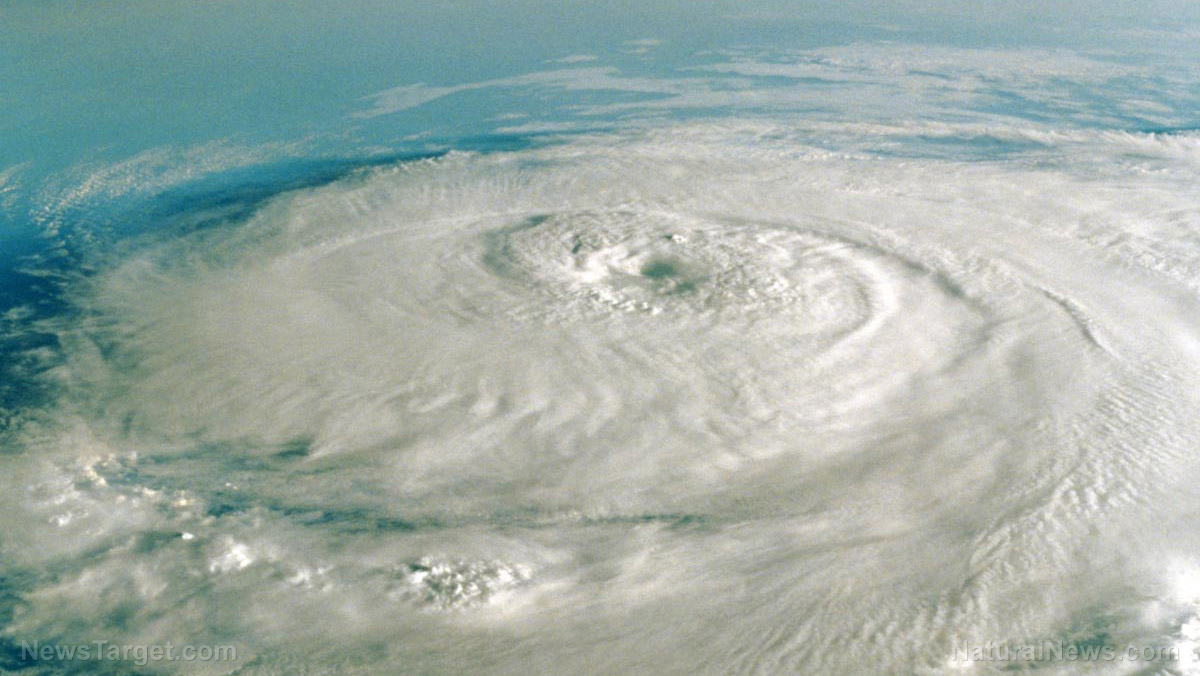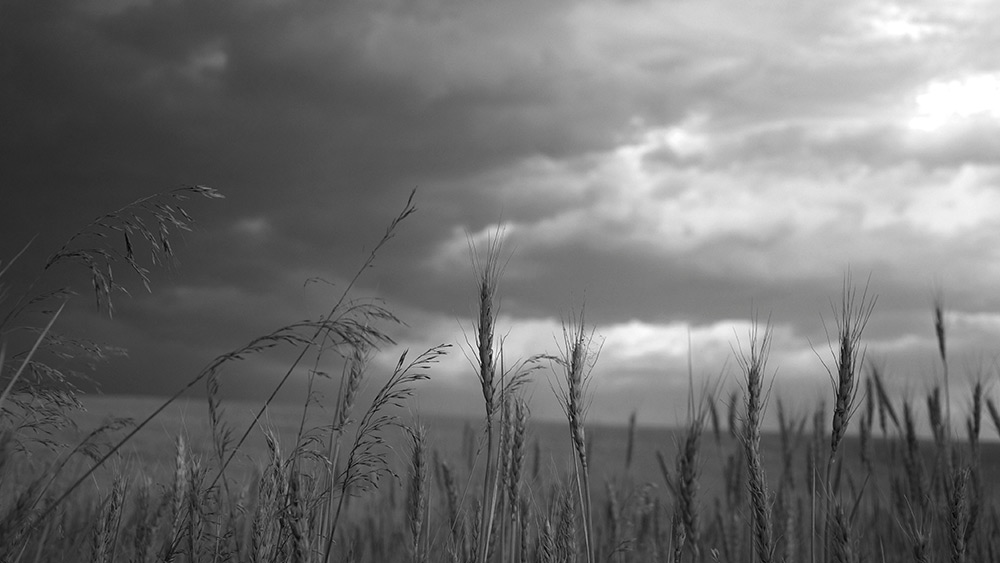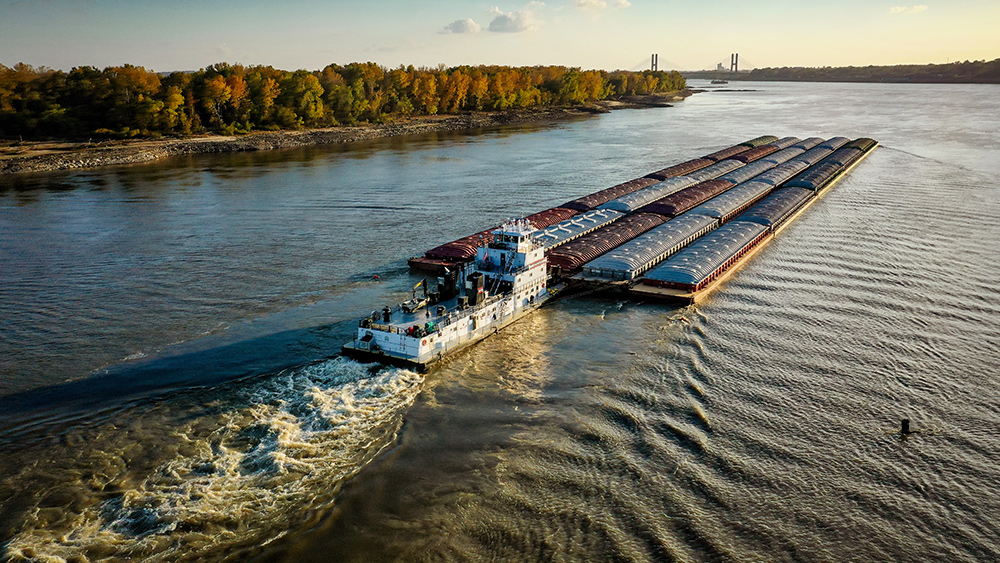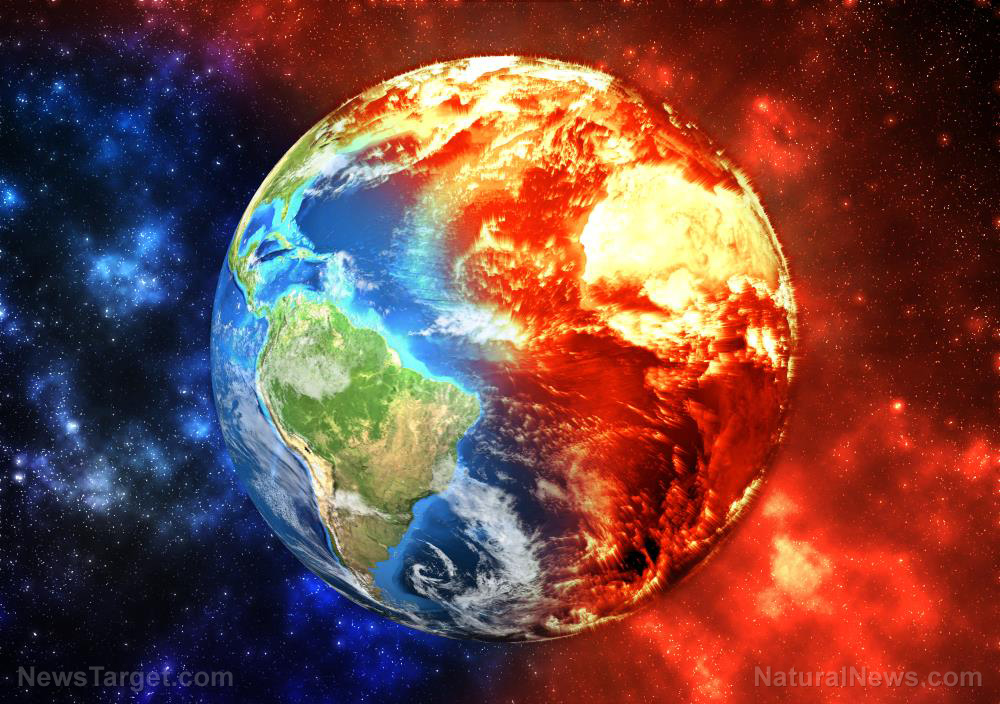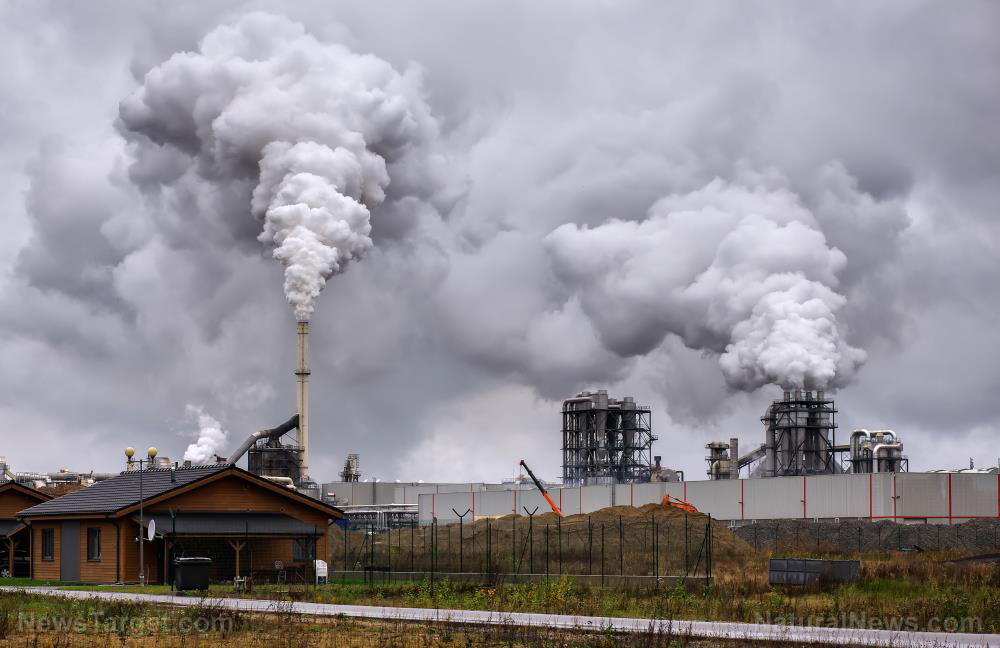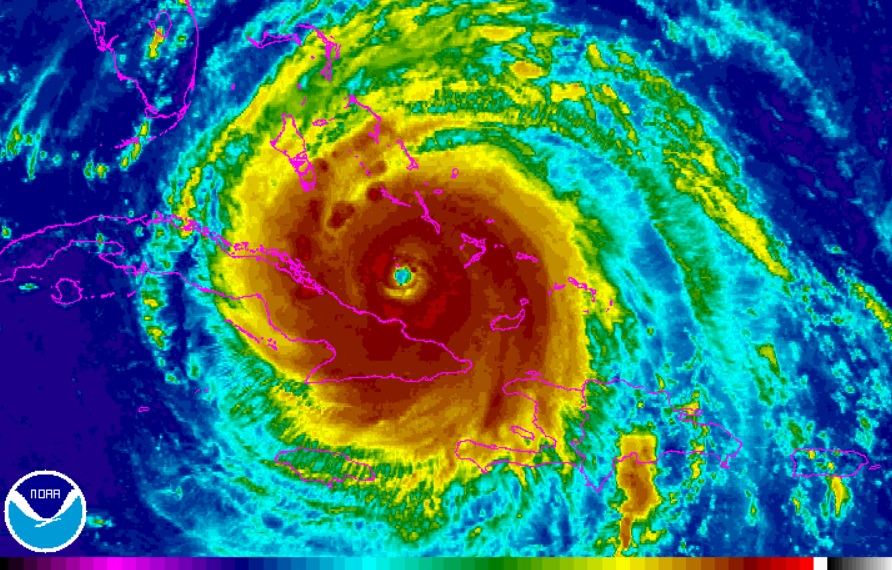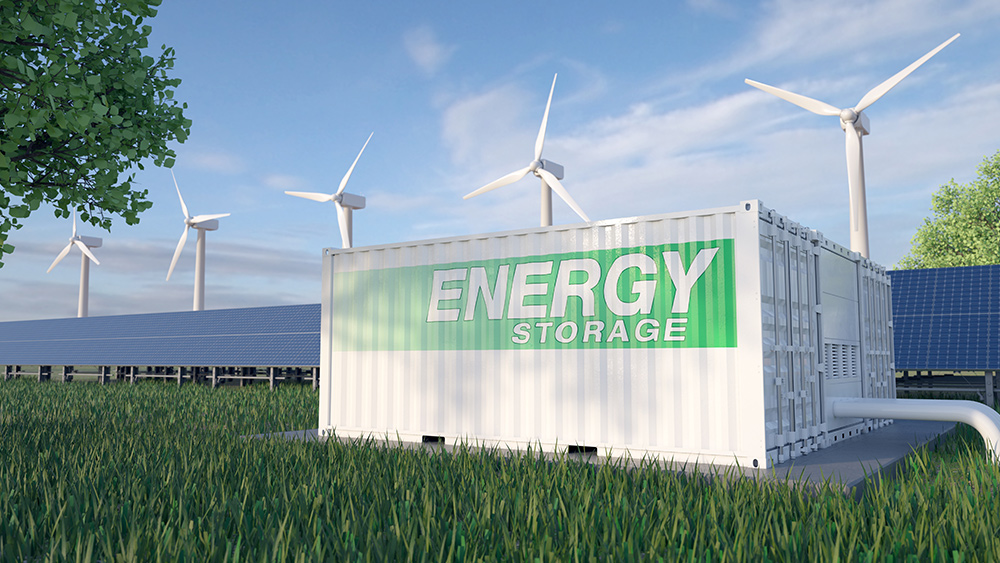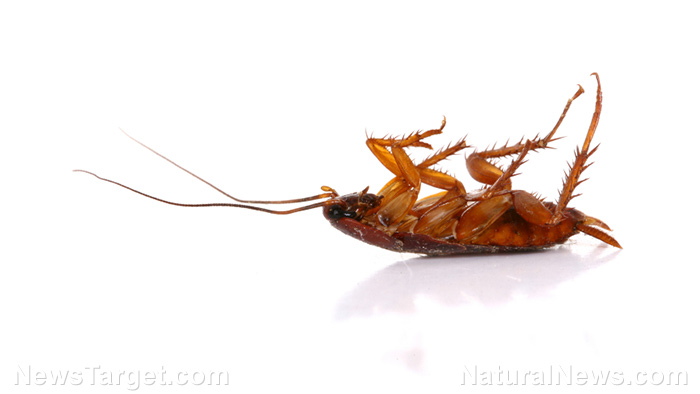Study: Plastic pollution is harming photosynthetic bacteria in the ocean that produce 10 percent of the oxygen we breathe
11/17/2019 / By Edsel Cook
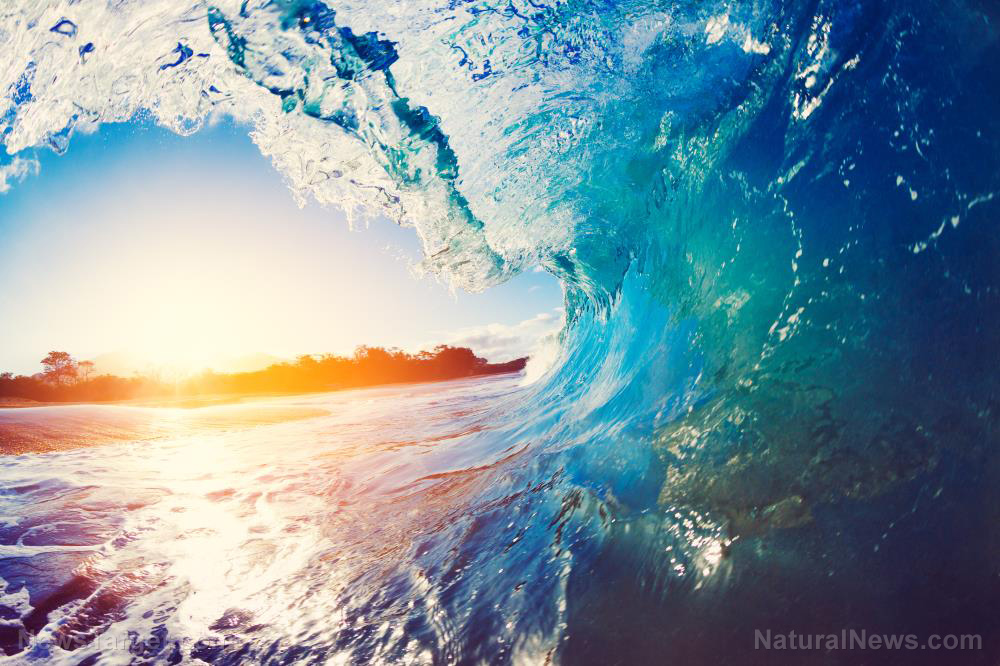
Marine microorganisms may also be threatened by plastic pollution in the ocean. Since one type of photosynthetic bacteria accounts for 10 percent of the oxygen production on Earth, we need to take steps to protect the microbes before we run out of breathable air.
Australian researchers issued a warning following their recently published study. They reported that toxic chemicals leaching out of plastic waste harmed the oxygen-producing bacteria Prochlorococcus.
Not only did the chemicals halt the photosynthetic activity of Prochlorococcus, but the toxins also hampered the bacteria’s growth.
In their experiment, the Macquarie University (Macquarie) team obtained pieces of PVC matting and a thin plastic carrier bag. They placed each type of plastic trash in separate containers with artificial seawater for five days.
Once the toxic chemicals had leached out of the plastic, the researchers exposed Prochlorococcus to the contaminated seawater. The bacteria altered their growth activity and activated stress-related genes to try and protect themselves from harm.
By 2050, experts predict that plastic trash will outnumber the fish in the ocean. The future prevalence of plastic pollution bodes ill for the marine bacteria that produce much of the oxygen that humans (and other land animals) need to live. (Related: Will plastic pollution end the world? Experts say it’s possible.)
Plastic pollution may harm photosynthetic bacteria that produce 10 percent of the world’s oxygen
“These tiny micro-organisms are critical to the marine food web, contribute to carbon cycling and are thought to be responsible for up to 10 per cent of the total global oxygen production,” explained Macquarie researcher Dr. Lisa Moore. “So one in every 10 breaths of oxygen you breathe in is thanks to these little guys, yet almost nothing is known about how marine bacteria, such as Prochlorococcus, respond to human pollutants.”

Her Macquarie colleague, Dr. Sasha Tetum, served as the lead author of the study. He explained that plastic pollution might affect the ocean ecosystem in other ways than the much-publicized effects on seabirds, turtles, and other large organisms.
Most studies on ocean pollution and plastic trash have covered marine organisms. Either the animals ate the pollutants by mistake or got entangled in the drifting products.
However, plastic garbage also affected the microorganisms in the oceanic ecosystem.
Prochlorococcus is a species of cyanobacteria. Similar microbes might have made Earth a livable place for complex animals and humans.
Ancient cyanobacteria took sunlight and used the energy to power photosynthesis. They broke down water into hydrogen and oxygen, and the latter gas molecule eventually filled the atmosphere.
The toxic chemicals that leach from plastic trash
The Macquarie researchers obtained samples of two Prochlorococcus strains that lived at different depths of the ocean. They exposed the bacterial cells to the artificial seawater with toxic chemicals from either disposable plastic bags or PVC.
The results showed that PVC inflicted the worst harm on the cyanobacteria. In 24 hours, the leached chemicals completely stopped one of the Prochlorococcus strains from producing any oxygen. In comparison, the toxic chemicals from the grey plastic bags began reducing the oxygen-producing ability of both cyanobacteria strains following 24 hours of exposure.
Further, the leached chemicals from both plastic trash hampered Prochlorococcus from developing correctly. The cyanobacteria failed to photosynthesize efficiently.
Even worse, the Prochlorococcus cells displayed signs of altered gene activity in response to exposure to toxic chemicals.
Moore, Tetum, and their colleagues noted that PVC contains plasticizers, synthetic compounds that increase its flexibility. It also uses other chemicals that ensure it remains clean and control its temperature to prevent any damage. These harsh substances may account for PVC’s toxic effects on Prochlorococcus.
“Now we’d like to explore if plastic pollution is having the same impact on these microbes in the ocean,” commented Tetu.
Sources include:
Submit a correction >>
Tagged Under:
Ecology, environ, marine ecology, marine ecosystem, marine life, Oceans, photosynthetic bacteria, phytoplankton, plastic trash, plastics, toxic chemicals
This article may contain statements that reflect the opinion of the author





